Note: Ayni Institute staff reviewed this page prior to publication.
As part of our work in criminal justice reform, the Open Philanthropy Project recommended a $110,000 grant via Centro Presente to the Ayni Institute, a movement strategy research and training organization, to develop and run a training on the topic of ‘movement ecology’.
Chloe Cockburn, our Program Officer for Criminal Justice Reform, believes that the lack of shared language and coordination between groups seeking criminal justice reform will limit the reach and impact of reforms.
The Ayni Institute plans to build on previously-developed analysis by some of its leaders around what is required to create and sustain a healthy movement ecosystem, where groups are in good communication and able to successfully build momentum for significant social change.1 This analysis draws from history, the experiences of organizers in the Ayni community, and lessons from movements elsewhere in the world.
Ayni plans to formulate this analysis into a training, and to recruit as participants for this training leaders from the criminal justice field, two other major social reform fields, and others. The goal is for the criminal justice participants to come away with a shared language that enables them to deeply collaborate and build more advanced strategies together. Including participants from other movements in the training is intended to provide outside perspectives and new ideas. If the training is successful, Chloe will consider adding more resources to include additional participants from the field.
Chloe has participated in an Ayni Institute training, and has also spoken at some length with others who have participated in trainings, in all cases run by the same people who will be responsible for the training funded by this grant. Chloe was impressed by Ayni’s rigorous training development process, sophisticated pedagogy, and rich analysis. She believes this training has a high probability of being very beneficial to at least some participants.
The Ayni Institute intends to provide additional training and support beyond the initial convening with the aim of sustaining and deepening connections between the participants and continuing to improve the analysis developed at the workshop. It also intends to reconvene the group some months after the training to reflect and set the stage for further development.
We see a number of risks to the success of this grant:
-
- Much of this grant’s effectiveness may ultimately depend on who participates in the Ayni Institute training; we expect it to be difficult to identify the best potential participants.
- Participants may not find the training compelling or helpful.
- Part of the goal of this grant is to develop further the model of movement ecology that was created for the Momentum trainings,2 initiated by the Ayni Institute. It is possible that this additional work will not actually make the model more powerful or useful.
- The leaders of the Ayni Institute are organizers by training; their style of teaching may not suit participants from other backgrounds.
We do not consider any of these concerns major enough to prevent us from making the grant.
Sources
| DOCUMENT | SOURCE |
|---|---|
| Ayni Institute Proposal Outline | Source |
| Ayni Institute, What is Social Movement Ecology | Source |
| Ayni Institute website, Momentum | Source (archive) |
| Engler and Engler 2016 | Source |
